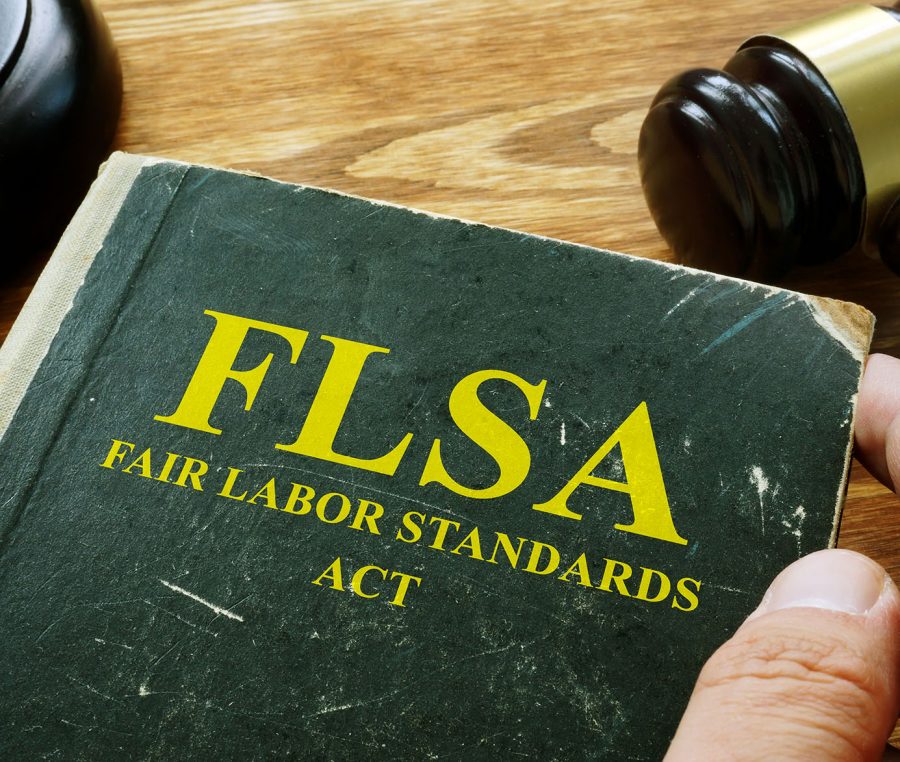It is axiomatic that, absent consent, a court without personal jurisdiction lacks authority to adjudicate claims brought in a lawsuit. Long ago, personal jurisdiction was relatively straightforward and existed if a defendant was served with process while physically present in the forum state. But in the globalized world, personal jurisdiction questions have become more nuanced. Courts have outlined the foundational principles of personal jurisdiction in the modern world, but several important questions remain unresolved.
One example arises in the context of federal Fair Labor Standards Act (FLSA) collective actions, which allow employee-plaintiffs to opt into a collective action against employer-defendants. For the named plaintiff, personal jurisdiction is typically obtained by suing her employer in the state where she worked. As the collective action proceeds, however, employees who work in other states may opt into the collective action. Assuming that general personal jurisdiction does not exist, the question becomes: must opt-in plaintiffs demonstrate that their claims arise out of the defendant’s minimum contacts with the forum state?


 Credit: Adobe
Credit: Adobe




